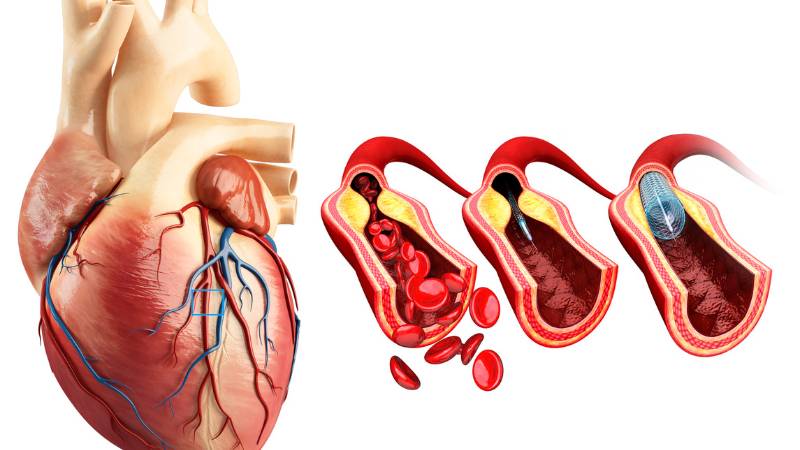Table of Contents
ToggleWhat is a Stenosis
Medically speaking stenosis means narrowing of a passage through the body. By this broad definition there are many structures in your body that can develop stenosis including your:
- Spine
- Arteries
- Vein
- Valves in the heart
- Bile ducts
- Intestinal tract
Stenosis constricts and so in spinal stenosis, for example, puts pressure on the spinal cord and can cause pain, tingling feelings, numbness, and paralysis.
Stenosis because of its narrowing causes decreased flow which can cause problems for example in:
- Arteries leading to heart attacks, strokes, peripheral arterial disease (leg cramping, leg ulcers, hairlessness, leg discoloration, etc.) renal artery stenosis (leading to untreatable hypertension)
- Veins leading to swollen legs, pelvic congestion syndrome, nutcracker syndrome, May Thurner syndrome
- Bile ducts cause biliary dilatation leading to itching and yellow skin and eyes
- Intestinal tract causing obstruction
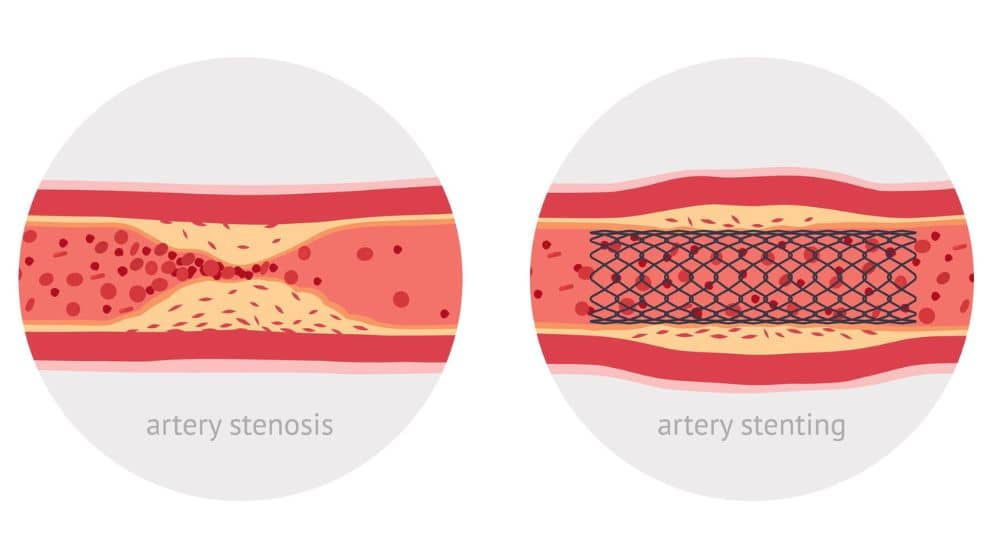
What Causes Stenosis?
Stenosis because of its narrowing causes decreased flow which can cause problems for example in:
- Spinal stenosis can result be congenital or from compression from osteoarthritis or tumors
- Arterial stenosis is most commonly caused by atherosclerosis, fatty deposits that occur as we age or have risk factors such as diabetes
- Venous stenosis can be caused by blood clots internally or by compression externally due to compression by lymph nodes, arteries etc.
- Bile duct stenosis can be caused internally by gallstones and tumors or externally by pressure from pancreatic and hepatic masses.
- Intestinal tract stenosis can be caused internally by tumors or externally by compression by tumors or arteries.
The medical staff at imaging and interventional specialists are experts in investigating and treating stenoses especially those to do with vessels: Arteries and veins.
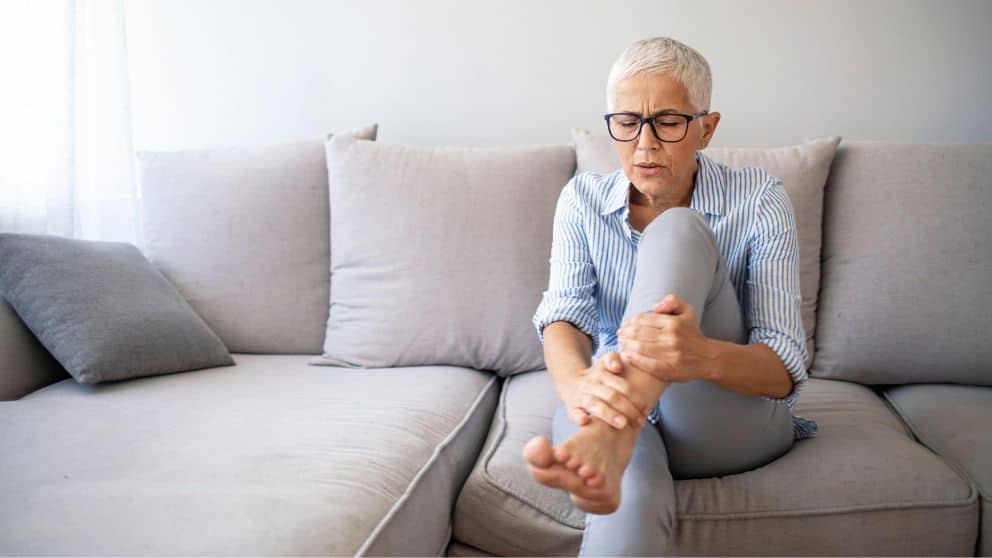
Imaging & Interventional Specialists – Your Non-surgical Stenosis Solution
Imaging & Interventional Specialists are experienced and successful in dealing with stenoses. Stenoses are generally treated by putting an expandable mesh inside the structure, a “stent”, in order to keep it open.
- Spinal stenoses: Symptoms can be treated by spinal injections and the compression can be relieved, if necessary, by neurosurgery
- Arterial stenosis: Symptoms can be treated by medical treatment or if needed by placing a stent.
- Venous stenosis: Treatment can include placing a stent or dissolving the large clot within the vein.
- Bile duct stenosis: The narrowing can be treated with a stent, the blockage treated by placing a drain. Stones can be removed endoscopically. Tumors can be addressed with by a variety of methods.
- Intestinal tract stenosis: Stents can be placed to keep the digestive system. Tumors can be addressed with a variety of methods.
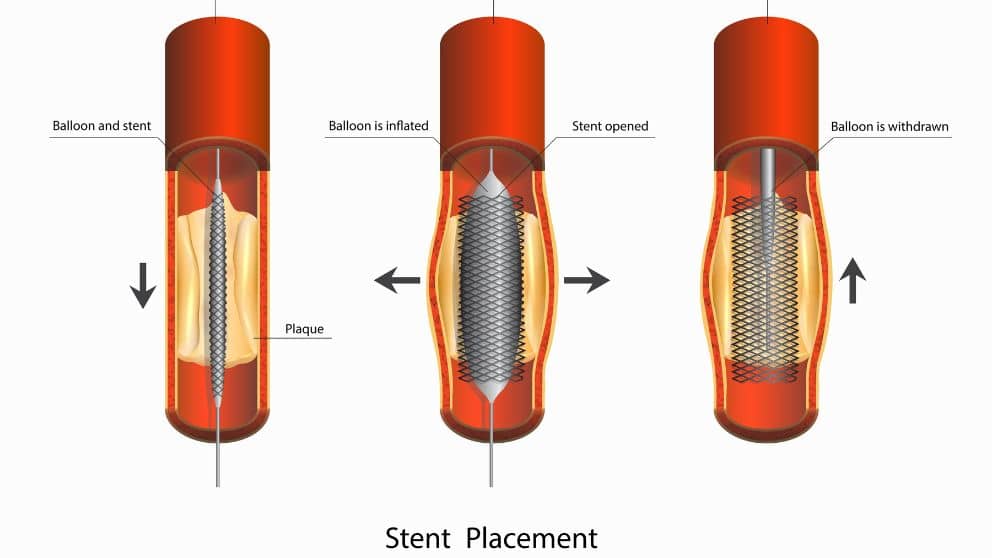
Imaging & Interventional Specialists will determine which treatment pathway will be best for you.
How Do Imaging & Interventional Specialists Find Out Which Treatment is Best?
The Imaging & Interventional Specialist team will obtain your medical history, perform a physical exam, review imaging and medications, and what methods you have used in the past to attempt to deal with your stenosis. If needed we will obtain other lab tests, imaging studies including ultrasounds and MRIs and, if needed, consult with your other health providers to develop a customized treatment plan.
What Advanced Procedures Does Imaging & Interventional Specialists Offer for Stenosis
Imaging and interventional specialists can treat your stenosis with treatments that include:
- Spinal stenoses: Spine injections to relieve symptoms
- Arterial stenosis: Angioplasty and/or stent placement
- Venous stenosis: Venoplasty, “clot busting”, and/or stent placement
- Bile duct stenosis: Balloon dilation, stent placement, sphincteroplasty, drain placement
- Intestinal tract stenosis: Dilatation and/or stent placement
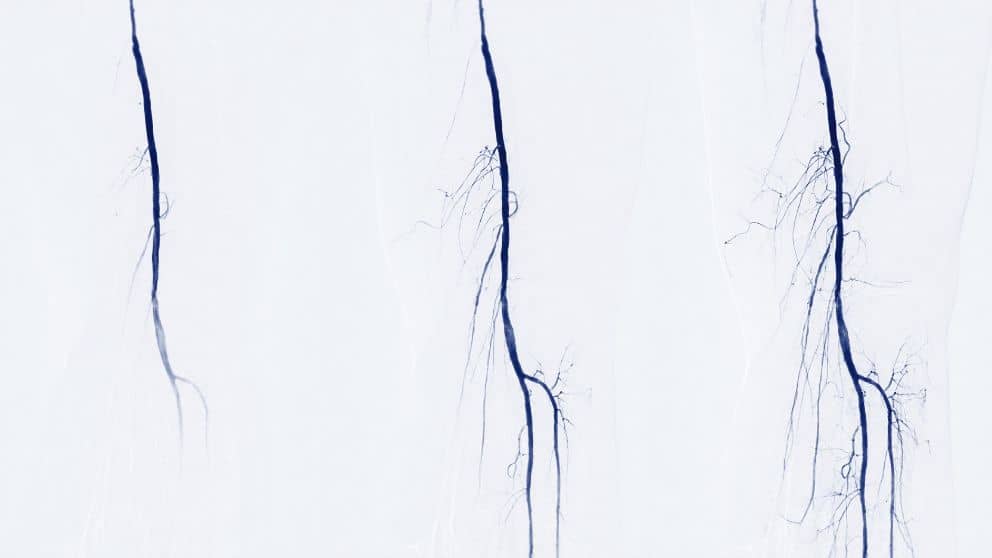
To discover and treat narrowing in arteries and veins special diagnostic tests may be performed where contrast dyes injected into the vessels to guide tiny instruments around the body inside the vessels. These specialized “pinhole” procedures are called angiograms and venograms. They allow Imaging and Interventional Specialists to precisely place miniaturized equipment at the site of the stenosis to provide treatment such as:
- Balloon expansion within the vessel to compress and relieve the stenosis (angioplasty or venoplasty)
- Precise placement of a stent to open up the stenosis
Imaging & Interventional Specialists “Pinhole” Procedures: Fast Recovery, Less Risk, Less Pain, Comfortable Setting
Our experienced board-certified specialists successfully perform “pinhole” procedures every day offering this region leading, state-of-the-art solutions to stenoses especially affecting vessels. Our non-surgical image guided procedures are cutting edge technology without the cutting, without the scalpel. You leave with a Band-Aid!
- Procedures are usually done in a comfortable outpatient setting with familiar friendly staff
- Pinhole procedures offer fast recovery, less risk, and less pain
Why Imaging & Interventional Specialists?
Imaging & Interventional Specialists are leaders in interventional radiology and experts in the non-surgical procedures that will address your stenosis.
Using state-of-the-art equipment, our experienced board-certified specialists are focused on your best outcome.
It is important to determine what is causing your stenosis. At IMAGING & INTERVENTIONAL SPECIALISTS board-certified physicians offer in-house testing to determine the cause and develop an individualized treatment program for your stenosis.


